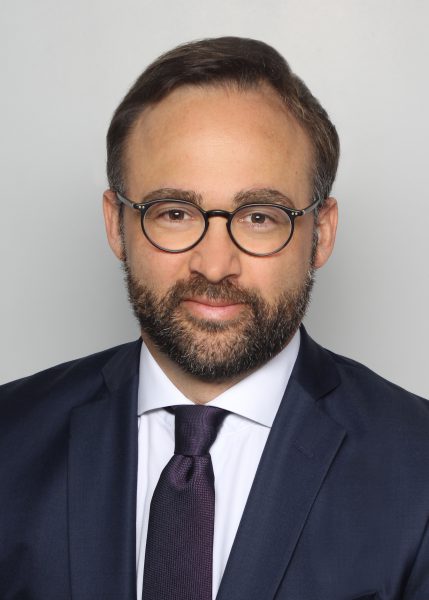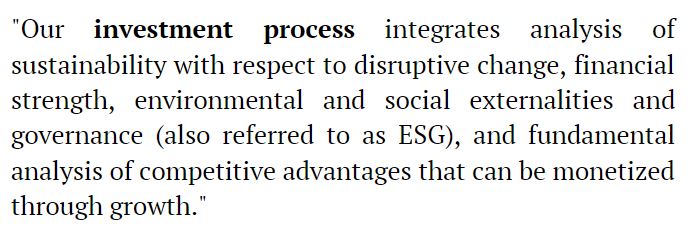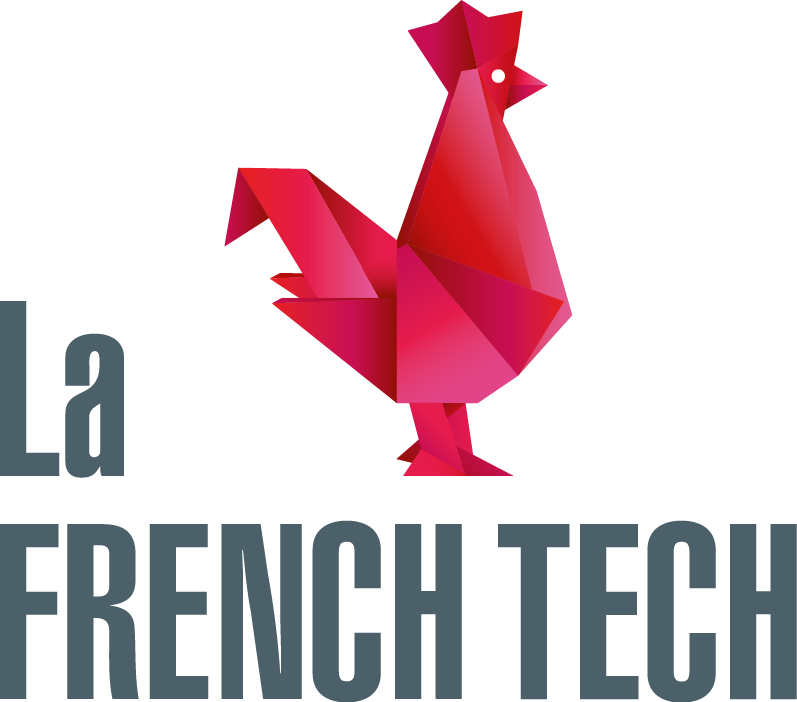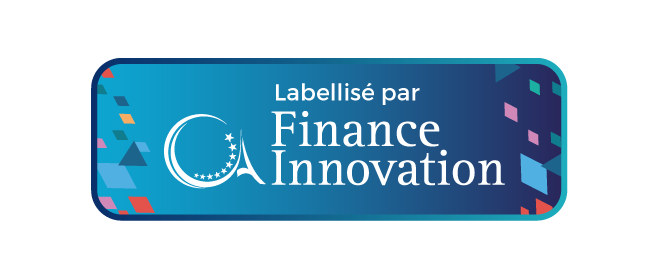Active vs. Passive management debate, risk-management solutions, the impact of ESG filters on performance – Quantilia had the pleasure of discussing all these topics and more with Thomas Chaussier, Country Head France for Morgan Stanley Investment Management (MSIM).

Thomas Chaussier, Country Head France for Morgan Stanley Investment Management (MSIM)
Thomas joined Morgan Stanley in 2002 and is Country Head France for Morgan Stanley Investment Management (MSIM). He has more than 20 years of investment management industry experience. Leading MSIM France Sales team, he is responsible for developing asset management business towards French investors. Prior to joining the Firm, he worked as an Institutional Sales at Dexia Asset Management (now Candriam) from 1999 to 2002. Thomas graduated from EDHEC Business School specializing in asset management and financial markets.
Active vs. Passive management
Quantilia: As a global player, it’s normal to get caught between the Active vs. Passive management debate. What are your thoughts about this? How does active management differentiate and offer more value?
Morgan Stanley Investment Management (MSIM) [Thomas Chaussier] : Active management is now more important than ever. It means adding value for clients through innovative strategies and processes, and in-depth research. It considerably improves our ability to achieve our risk objectives by participating in up markets and reducing volatility in downturns.
We have proven skill in active management: 91% of our funds outperformed their respective benchmarks, compared with 39% achieved by the industry as a whole.
Our flagship concentrated active strategies are driven by our research and high convictions: 94% of our portfolios are concentrated with fewer than 50 positions, compared with an industry average of just 22%. This high concentration shows the strong convictions of our portfolio managers in their investment ideas.

Following our investment views, we identify opportunities through a benchmark agnostic approach. We use a dynamic allocation to better manage market volatility. We value independent thinking while pursuing our philosophy and vision.
We are long-term investors: many of our portfolio managers focus on companies that benefit from competitive advantages throughout the entire market cycle, from long-lasting trends or from a paradigm shift that generates returns over many years. In line with our long-term investing philosophy, we believe that trying to time the market shifts can be a potentially flawed and costly strategy.
A clear example of this can be found in the stock market: those who stayed invested in the S&P 500 index from 1990 to 2018 had an annualised return of 9.9%, considerably higher than the 4% achieved by those investors who missed out just the 30 best days of the index during the same time.
Today, more than ever, it is essential to focus on strategies able to generate alpha across all asset classes and market cycles. Active management significantly improves our ability to meet our risk objectives by reducing volatility in the downturns.
Client-centric investment and risk-management solutions
Quantilia: Could you say a word on Morgan Stanley IM and your presence in the French market?
MSIM: Morgan Stanley Investment Management (MSIM) was established in 1975 as a subsidiary of Morgan Stanley Group Inc. and has had an entity in Paris since 1996. For more than 40 years, MSIM has provided client-centric investment and risk-management solutions to a wide range of investors and institutions.
Our clients include:
- corporations
- pension plans,
- intermediaries
- sovereign wealth funds
- central banks
- endowments and foundations
- governments and consultant partners worldwide
Investment strategies span the risk/ return spectrum across geographies, investment styles and asset classes, including equity, fixed income, alternatives and private markets.
More than 20 investment teams are organized by capability:
- Solutions & Multi-Asset
- Real Assets
- Active Fundamental Equity
- Private Credit & Equity
- Global Fixed Income and Global Liquidity.
As of September 30, 2019, MSIM has 2093 employees including 699 investment professionals worldwide in 23 countries and offers its clients personalised attention, the intelligence and creativity of some of the brightest professionals in the industry and access to the global resources of Morgan Stanley. As of September 30, 2019, MSIM managed US$507 billion in assets for its clients.
We have an expanding customer base in France. Institutional clients represent the largest proportion, which corresponds to Morgan Stanley’s historical DNA, but are also in the wholesale typology, i.e. asset allocators, funds of funds or private banking. We are seeing a growing interest from retail customers, an area in which we are increasingly working closely with family offices and financial advisers (CGP).
MS INVF Global Opportunity
Quantilia: Would you tell us more about the “MS INVF Global Opportunity Fund” strategy? Who is the management team and what is the investment process behind it? What makes it unique and which clientele is targeted?
MSIM : The Global Opportunity Fund is a highly differentiated, concentrated portfolio that invest across geographies, sectors and market capitalizations. Kristian Heugh leads a team of six investors based in Hong Kong who seek high quality companies that the investment team believes are undervalued at the time of purchase.
Our investment process integrates analysis of sustainability with respect to disruptive change, financial strength, environmental and social externalities and governance (also referred to as ESG); and fundamental analysis of competitive advantages that can be monetized through growth.
The Fund is concentrated in our highest conviction ideas. We seek to hold 30 to 45 positions with our top-ten holdings generally accounting for 50% of the portfolio. The result is a portfolio that looks very different from its benchmark, with active shares generally 90% or higher, and tracking error ranging from 5% to 10%.

The Global Opportunity team has a strong culture, guiding principles and core values. We are organized to encourage creative and collaborative decision-making and invest a significant portion of our individual compensation in the Fund. This aligns our incentives with that of our clients and establishes the long-term ownership mindset of the investment team.
We invest as owners with a focus on the terminal value of each business and try to tune out the day-to-day noise in markets. This helps us capturing opportunity and managing risk for clients.
The portfolio is constructed using a bottom-up methodology. Country and sector weights are a residual of the stock selection process. We find high quality companies all over the world. As of September 30, 2019, the largest country allocation includes the United States and China.

We consider diversification at company level, and strive to have a portfolio that is diverse by the uniqueness of the underlying business drivers and the diversity of the end customers buying the goods or services.
In our view, conventional industry and sector classifications are limited in providing insights into diversification.
At sector level, the portfolio is currently overweight in consumer discretionary, information technology and communication services and underweight financials and health care, and has no positions in energy, real estate and utilities. This is a result of our preference for businesses with secular growth drivers and high return on capital and avoidance of companies that rely upon significant leverage on the balance sheet in order to grow.
ESG analysis at MSIM
Quantilia: ESG strategies are more and more popular among institutional investors across Europe and Asia. How is ESG addressed at Morgan Stanley IM? Do you have a specific investment process and what would it be? Do you have your own scoring grid and parameters? What is the impact of ESG filters on performance?
MSIM : We believe that a holistic approach to sustainability—with respect to disruptive change, financial strength and ESG—helps us identify investment opportunities. Our ESG analysis focuses on a company’s ability to sustain competitive advantage over the long term. Areas assessed include environmental management to minimise externalities, reduce consumption of energy, water and other resources and mitigate costs thereby improving profitability; social factors such as consumer product safety, human capital management, supply chain management and regulatory impacts; and governance issues such as management incentives, capital allocation, independent boards and transparent accounting.

We believe that considering environment, social and governance factors (ESG) is essential to compounding.
Global Sustain, our newest offering, seeks to invest in high quality companies that can compound at sustainably high rates of return. The fund excludes companies with significant business in tobacco, alcohol, adult entertainment, gambling, controversial weapons or firearms, bulk commodities, fossil fuels, and gas or electric utilities.
Incorporating ESG – related potential risks and opportunities within an investment process is about ensuring long-term stewardship of capital. Over extended time horizons, we believe that ESG risks are more likely to materialize and externalities are more likely to be priced into the value of securities.

Therefore, we continue to innovate and evolve our process and believe that integrating ESG within our investment analysis as well as engaging companies on ESG practices can improve the risk and reward profile of client portfolios.
Quantilia: Your funds were recently on-boarded onto Quantilia financial data & analysis platform. What made you decide to join?
MSIM : Quantilia’s platform gives us the opportunity to reference our funds and share their data and thus their performance with users. We are proud to be one of the main players in the French market, a market in which we have been active for years. Integrating our funds into the platform is therefore a way for us to make them more known and give access to the data and analysis of our funds to our current and future clients.


